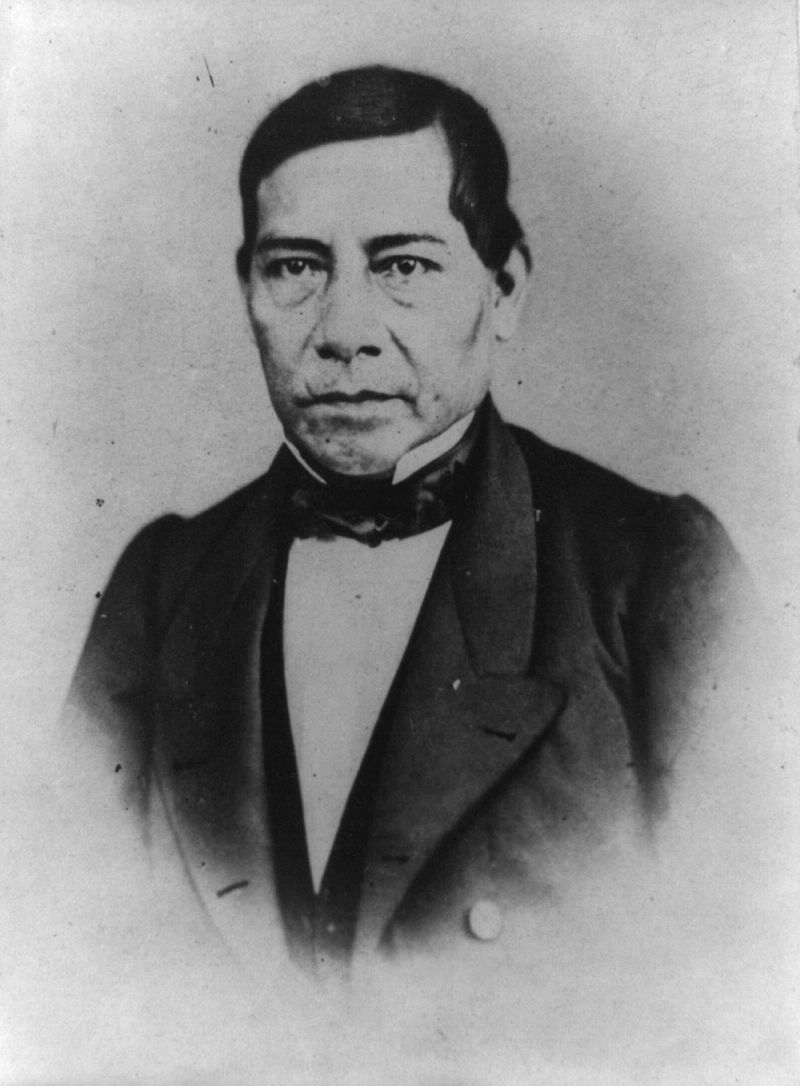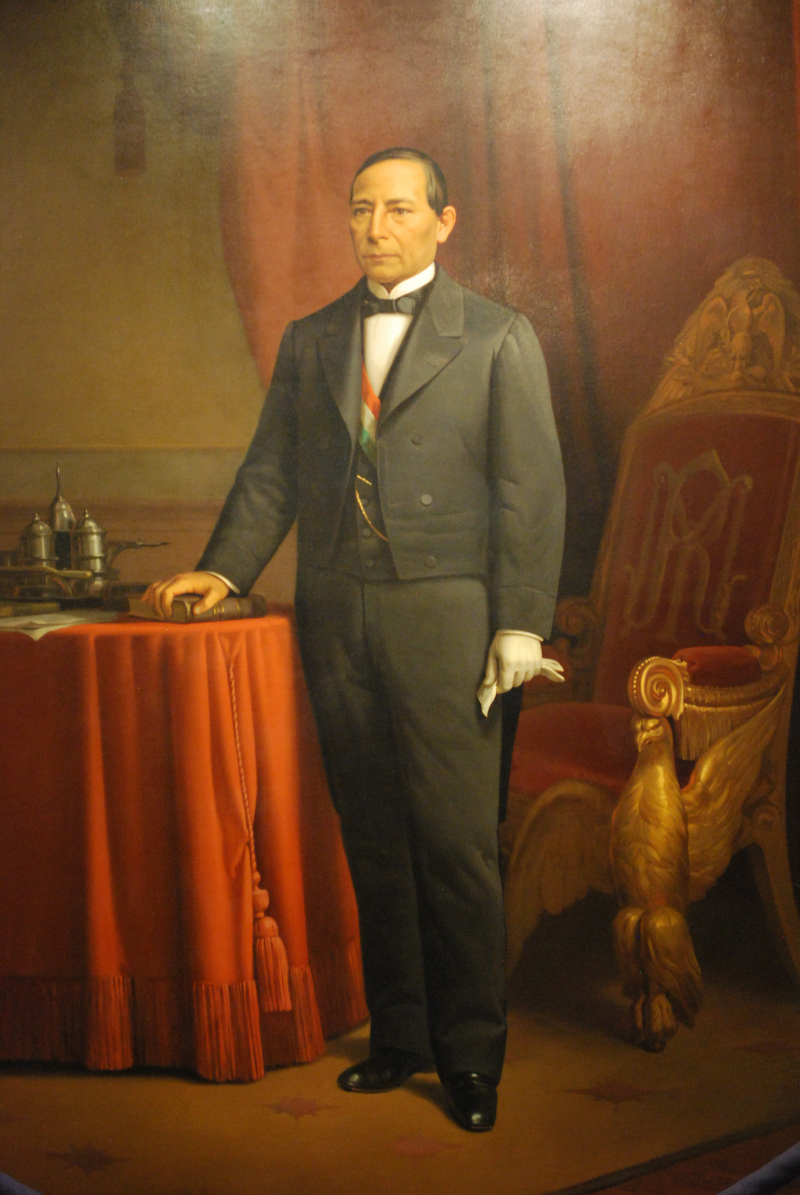Benito Juárez
Benito Pablo Juárez Garca (21 March 1806 - 18 July 1872) was a Mexican liberal politician and lawyer who served as Mexico's 26th president from 1858 until his death in office in 1872. He was the first indigenous president of Mexico and the first indigenous head of state in the postcolonial Americas. He is among the most important historical figures in Mexico.
Juárez, who was born in Oaxaca to a poor rural family and orphaned as a child, was raised by his uncle and eventually moved to Oaxaca City at the age of 12 to work as a domestic servant. He enrolled in a seminary and studied law at the Institute of Sciences and Arts, where he became active in liberal politics with the help of a lay Franciscan. He married Margarita Maza, a woman of European ancestry from a socially distinguished family in Oaxaca City, after his appointment as a judge, and rose to national prominence after the ouster of Antonio López de Santa Anna in the Plan of Ayutla. He took part in La Reforma, a series of liberal measures implemented during the presidencies of Juan lvarez and Ignacio Comonfort that culminated in the 1857 Constitution. With Comonfort's resignation during the Reform War, Juárez assumed the constitutional presidency of Mexico as President of the Supreme Court. During the conflict, he led Mexican liberals against conservatives and defeated the Second French Intervention.
Juárez linked liberalism to Mexican nationalism and clung to power until his death in 1872. In opposition to Maximilian I, whom the French Empire installed with the support of Mexican conservatives, he asserted his leadership as the legitimate head of the Mexican state. After being elected president in 1861, he was re-elected in 1867 and 1871 to lead the Restored Republic, but with growing opposition from fellow liberals.
Juárez became known as "a preeminent symbol of Mexican nationalism and resistance to foreign intervention." He saw the United States as a model for Mexican development, in contrast to previous administrations, which had a more European-oriented political vision. His policies promoted civil liberties, equality before the law, civilian power over the Catholic Church and the military, the strengthening of the Mexican federal government, and the depersonalization of political life. Mexicans saw Juárez's tenure as a "second struggle for independence, a second defeat for the European powers, and a second reversal of the Conquest."
Following his death, the city of Oaxaca added "de Juárez" to its name in his honor, and numerous other places and institutions bear his name. He is the only person whose birthday (March 21) is observed as a national public and patriotic holiday in Mexico.









